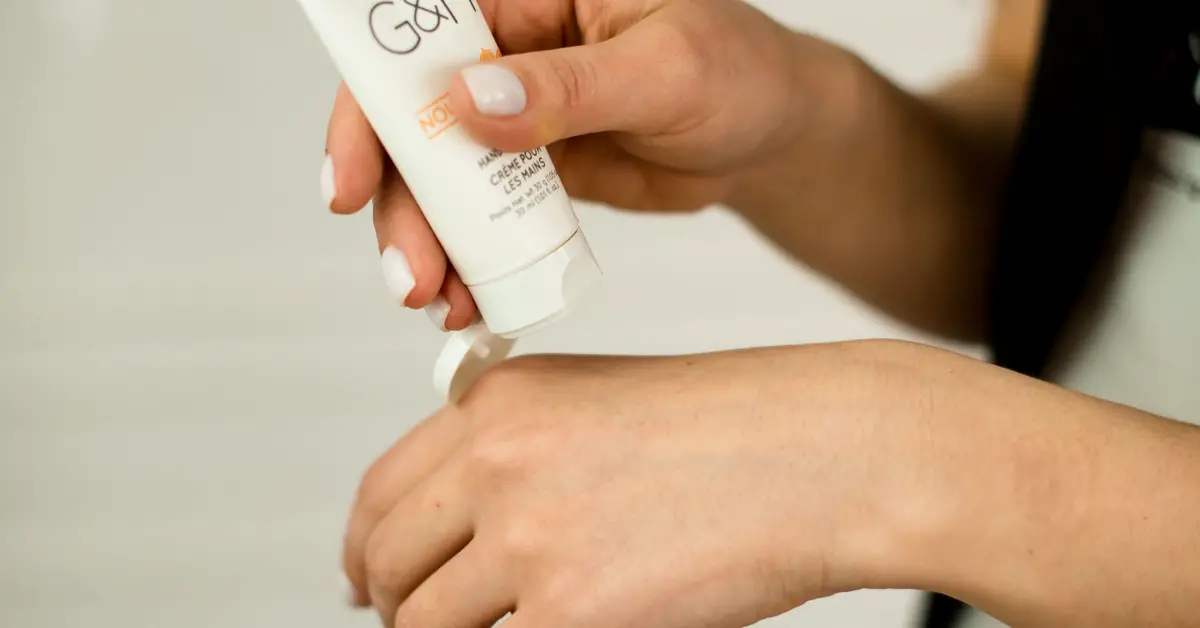Does hard water cause dry skin? This is the most common question of all time.
The simple and straightforward answer is Yes.
In this article, I will discuss all about the effect of hard water on skin in detail.
So, Lets begin.
What is Hard Water and What are the Possible Chances?
Water is considered hard when total hardness value of water is more than 120 ppm as CaCO3 or 7 grains per gallons.
Hard water contains calcium and magnesium ions that cause insoluble scale to form on plumbing surfaces, which can lead to clogged drains and costly repairs.
One of the possible causes for hard water is a high mineral content in the local groundwater. There are places where there are naturally high levels of calcium or magnesium in the ground which can be detected by a test kit for well-water quality.
Some other possible causes can be from chemical reactions from laundry detergents, dishwasher detergents, and/or fertilizers as they affect the ion concentrations in your local groundwater.
Hard Water’s Effect on Skin and Hair Care:
As a result of hard water, the skin and hair can become dry and itchy. This is because hard water contains a high concentration of calcium and magnesium which react with soap to form a scaly residue that clogs pores.
When your hair is dry, it can have a frizzy appearance or may even break off. Shampooing with hard water is also more difficult than shampooing with soft water because the minerals in hard water create an additional layer on top of your hair that needs to be rinsed off before you apply conditioner.
The effects of hard water on skin is most noticeable when showering; the skin becomes dry, tight, itchy, and irritated.
Signs of Hard Water on Skin
Hard water is a problem not just for home owners. It also causes problems for those that work in the hospitality industry. When it comes to hard water, the most common issue is the build up on skin.
If you have been experiencing dry skin, redness, and itching as a result of hard water, see your physician. Your physician will likely prescribe you some topical cream to help relieve the symptoms of dry skin and itching. Additionally, there are things that you can do at home to help with some of these symptoms as well.
Many people might not be aware of the symptoms of hard water on the skin. If you are experiencing any of these symptoms, it may be time to take a shower or do some laundry.
Some symptoms that you might experience are dryness, itchiness, and flaking. These symptoms can happen not only to your skin but also to your hair and clothing. It is important to take care of yourself by giving your skin the moisture that it needs and washing your clothes often.
Does Hard Water Cause Skin Darkening?
Some people may notice that their skin has changed in color after they moved to a new city. This change in skin color is usually attributed to water hardness. Research shows that the severity of the darkening can range from slight discoloration to patches of brown-black pigmentation.
It’s important to note that not all areas with hard water will have an increase in darkening of the skin. There are many factors involved, including ethnicity, age, and other environmental factors.
How to protect skin from hard water?
Hard water is water that has a high mineral content, typically calcium and magnesium. Hard water is not good for the skin. The minerals in hard water are absorbed into your skin, which can lead to dryness, scaling, itchiness, and redness. The minerals in hard water can also build up on your hair and cause it to become dull or brittle.
The best way to protect the skin from hard water is by using a soap-free cleanser with an oil or lotion base rather than a soap one. This will help remove the oils that have been stripped away by hard water so your skin will be healthy again.
